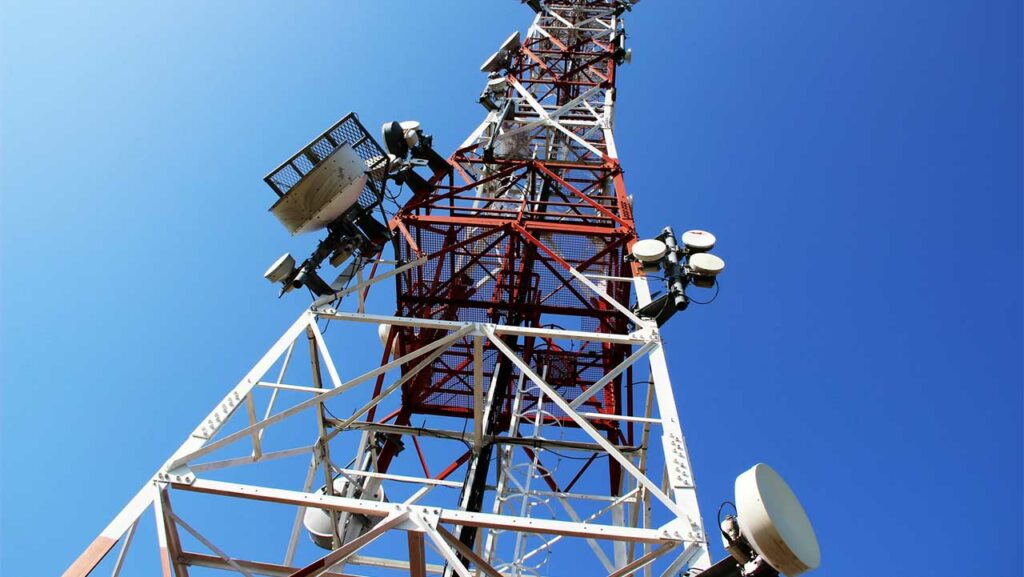By Juliet Umeh
Nigeria’s telecommunications industry sustained its growth momentum into the third quarter of 2025, as active voice subscriptions rose to 173.54 million in September, up from 171.57 million in August, according to the latest industry data released by the Nigerian Communications Commission, NCC.
The report also showed that broadband penetration climbed to 49.34 percent, representing 106.97 million high-speed internet connections, bringing the country closer to its 70 percent broadband target set under the National Broadband Plan, NBP 2020–2025.
Similarly, internet subscriptions on GSM networks grew to 140.36 million, while overall teledensity reached 80.05 percent, reflecting steady expansion across the networks of major mobile operators.
The new figures emerged as the Federal Government intensified efforts to expand digital infrastructure nationwide.
Minister of Communications, Innovation, and Digital Economy, Dr Bosun Tijani, recently reaffirmed that the administration remains committed to deepening connectivity and digital inclusion nationwide.
Speaking recently in Ogun State, Tijani disclosed that the government plans to deploy 90,000 kilometres of fibre optic cable nationwide, backed by a $500 million World Bank facility, the largest of its kind in the bank’s portfolio.
Tijani said: “The President decided that as a nation, we will invest in 90,000 kilometres of fibre optic network across this country. Every corner of our nation will be covered with fibre optic cables.”
He further announced plans to train 5,000 young Nigerians in fibre technology, splicing and deployment, in collaboration with local manufacturers such as Coleman Wires and Cables, which recently launched the largest fibre optic cable plant in West Africa.
“This will begin in about two to three months and will strengthen our broadband ecosystem while creating skilled jobs for Nigerians,” the minister added.
According to the NCC data, MTN Nigeria retained market leadership with 90.33 million subscribers, accounting for 52.12 per cent market share. Airtel followed with 58.47 million users (33.74 per cent), while Globacom recorded 21.39 million (12.34 per cent). T2 (formerly 9mobile) served 3.11 million active lines, representing 1.8 per cent of the market, an improvement from the previous month.
Collectively, the GSM segment controls over 99 percent of total mobile subscriptions in Nigeria, underscoring the dominance of mobile connectivity in the country’s communications landscape.
The NCC report noted that broadband penetration hit its highest level on record, at 49.34 percent, a notable rise from 48.81 per cent in August. While 4G technology continued to dominate with 51.6 per cent market share, 5G adoption grew to 3.4 per cent, indicating gradual progress since its commercial rollout in 2022.
Data usage, however, moderated slightly to 1.15 million terabytes in September from 1.152 million terabytes the previous month, despite the continuous increase in broadband users.
Despite a rebasing of national accounts earlier this year, the telecom sector remains one of Nigeria’s most significant contributors to the economy, accounting for 9.2 percent of Gross Domestic Product, GDP, in Q2 2025, up from 8.5 percent in Q1.
Analysts attribute this sustained performance to rising demand for digital services, mobile penetration, and ongoing investments in network infrastructure by operators.
The post Nigeria’s telecom subscribers rise to 173.5m as broadband penetration reaches 49.3% appeared first on Vanguard News.

